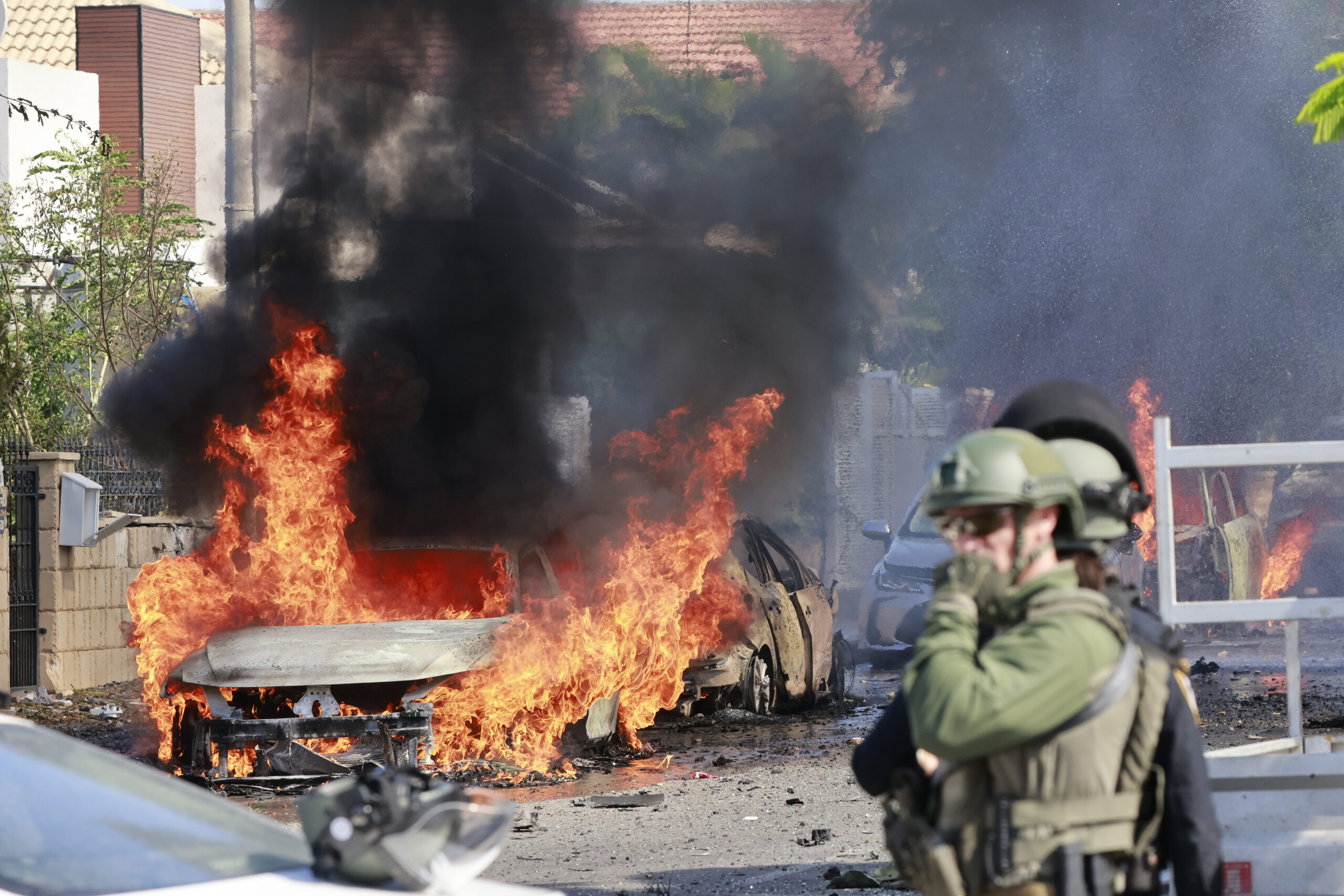Does Israeli youth care about environmental activism?
December 2, 2022New data reveals young people in Israel feel 'aware, engaged, and responsible' for the climate, with 40% of Israeli teens saying they believe they are the ones who will lead the change toward a better future
Over a month ago, the largest ever climate protest in Israel took place in Tel Aviv, with tens of thousands of participants from all over the country. Among them were teenagers who skipped school in order to take part and send a message to our political leaders, demanding them to act immediately on the worsening state of climate change.
The event sparked a question on the ages of the protesters. In two recent studies, experts analyzed the extent to which environmental issues interests Israeli youth, their feeling of responsibility to act, and where their knowledge on the matter comes from.
The first study was conducted by Electrolux, and it included almost 14,000 participants aged 15-20 from all over the world, of whom 1,255 were from Israel. According to the survey, 46% of the adolescents in Israel believe that sustainability is an extremely important global topic today. Some 40% believe that they are the ones who will lead the change toward a better future, and only 6% trust the older generation to take responsibility upon themselves.
The second study was conducted by The Israeli Association for Ecology and Environmental Sciences, with the purpose of finding the best ways to make environmental and ecological topics accessible to youth.
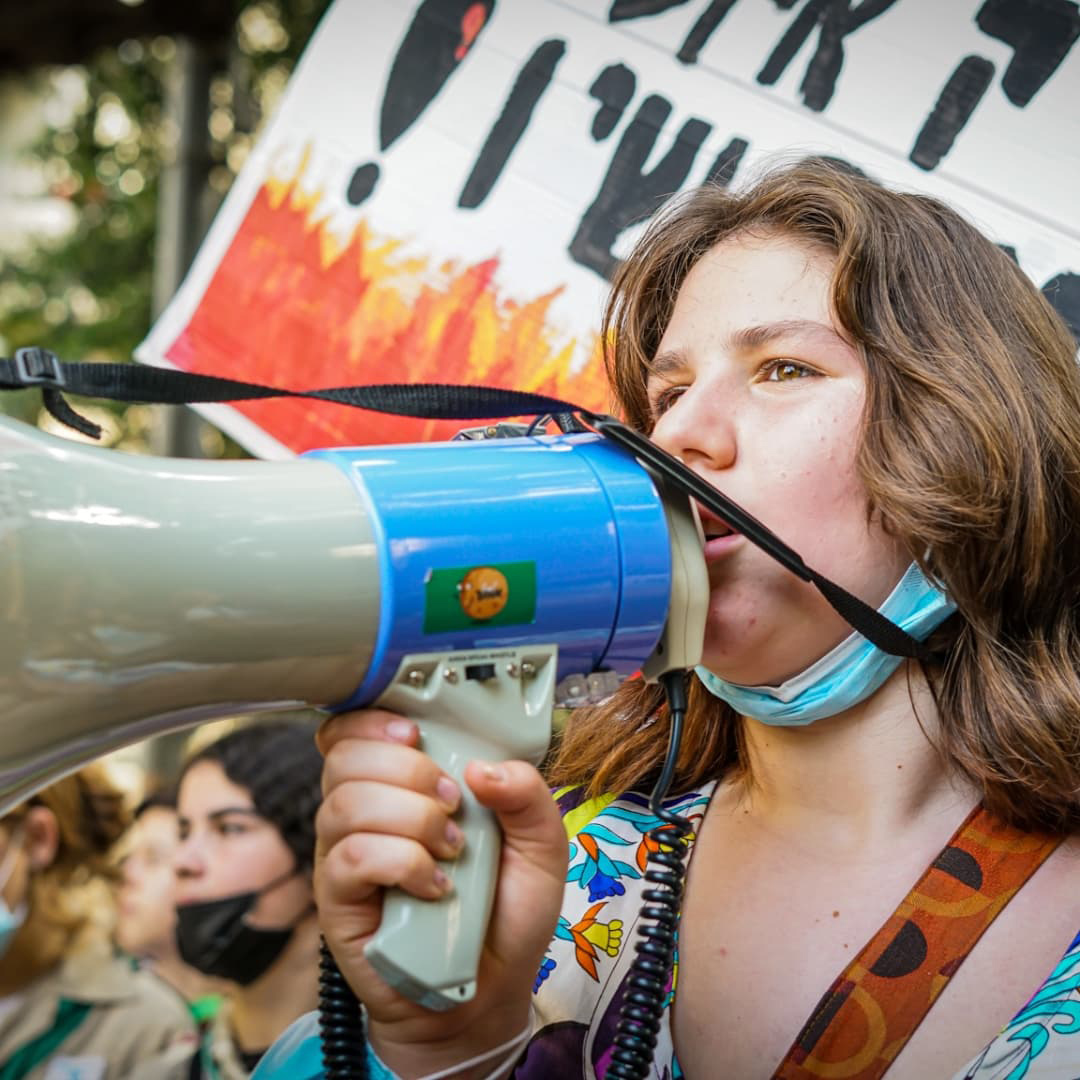
Out of 301 Israelis – between the ages of 14 and 25 – surveyed, 83% declared that they take interest in at least on topic related to environment and sustainability. The most concerning topics among these adolescents were pollution (air, land, and water), natural disasters, and climate change. About a third of the surveyed individuals declared that they consume content related to environment and sustainability on a weekly basis, mostly through Instagram, news websites, YouTube, and TV channels.
The source of information transition: from school to social media
There is also an apparent correlation between the different informative platforms used by the young generation, and their growing awareness of environmental issues.
“One of the things that dramatically increased teenagers’ involvement in environmental topics is social media,” says Dr. Iris Alkaher, a senior researcher and lecturer in the field of sustainability education the Kibbutzim College.
“The informational revolution made up-to-date global information in the media accessible to the young crowd, they become exposed to different kinds lifestyles in places all over the world and it awakens thought and doubt regarding the way they want to live their lives. As opposed to the previous generation, they are no longer enclosed to Israel’s small bubble, in which if the teachers don’t tell them something, they simply won’t know.”
According to Electrolux’s survey, 80% of the youth in Israel believe that education in fields of sustainability encourages solutions towards life in a more sustainable society.
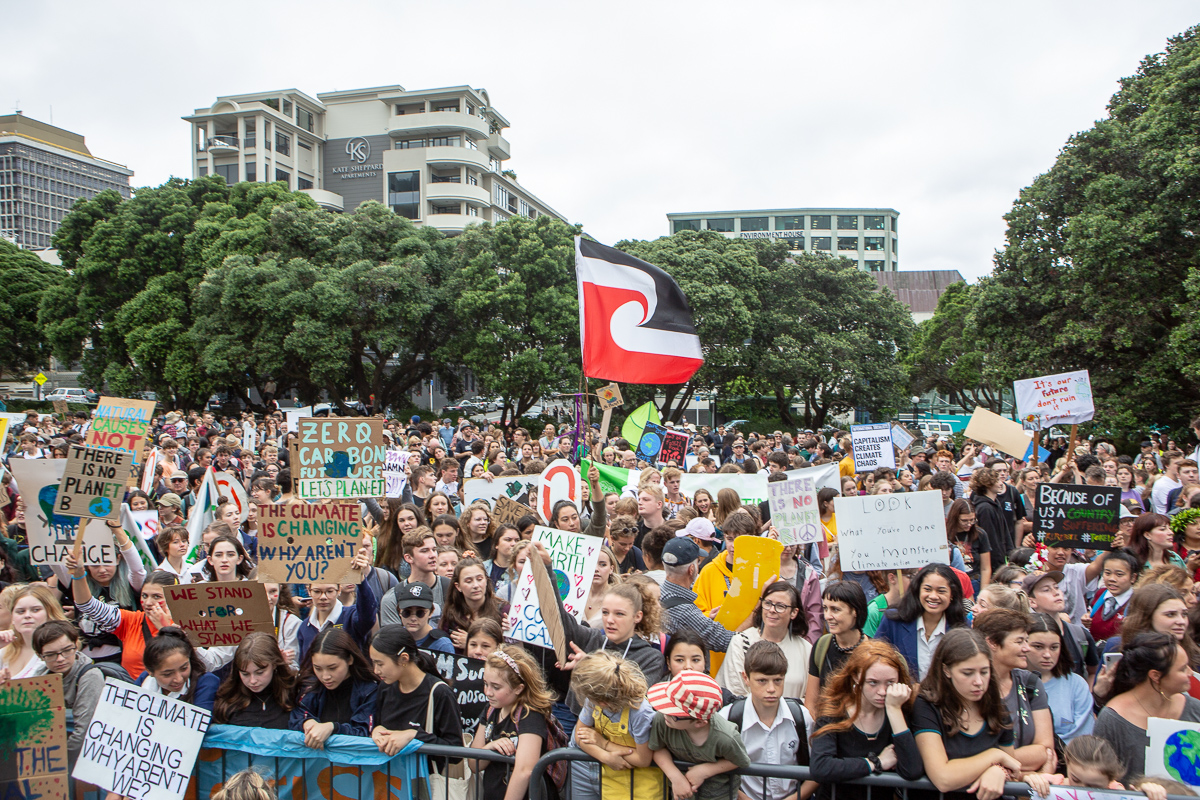
Yet according to Dr. Alkaher, the environmental topic doesn’t receive enough attention from the education system. “In a current study conducted by my student, Hila Larnao from Tel Aviv University, only 10% of teenagers who were surveyed, spoke of figures from the formal educational system as someone who inspired them in dealing with climate change,” she says.
“They spoke of Greta Thunberg, their parents (given they have environmental awareness), or their youth movements, and if the education system was mentioned, it was mostly in associated with disappointment. Their expectation was that the education system would take it upon themselves to discuss climate change much more.”
Despite this, Dr. Alkaher emphasized that in recent years there has been an effort from the Education Ministry, the Environmental Protection Ministry, and local authorities to incorporate topics of environmental issues and climate change in the formal educational framework.
“Since 2004, some educational institutions have received the title ‘Green Schools’ -which are required to teach environmental content, engage in communal environmental projects, minimize the use of natural resources, and cultivate environmental leaders among students and teachers.”
The 12-year-old activist
Yael Kovalsky, a 12 -year old member of the youth climate protest group, helped organize the parade that took place in Tel Aviv. “At home we’ve always been aware of the environment, but I never understood the details and extent of the crisis”, she says. “Everything changed nine months ago, when I saw a YouTube video of a polar bear and melting icebergs. I cried for two days straight and didn’t know how I could help. And then, I found the ‘Youth Climate Protest Group’ on Instagram and reached out to them, and I’ve found my way to influence”.
Even though Kovalsky’s perspective and activism changed as a result of YouTube and Instagram (much like many people her age), she points to a variety of sources from which her knowledge is derived.
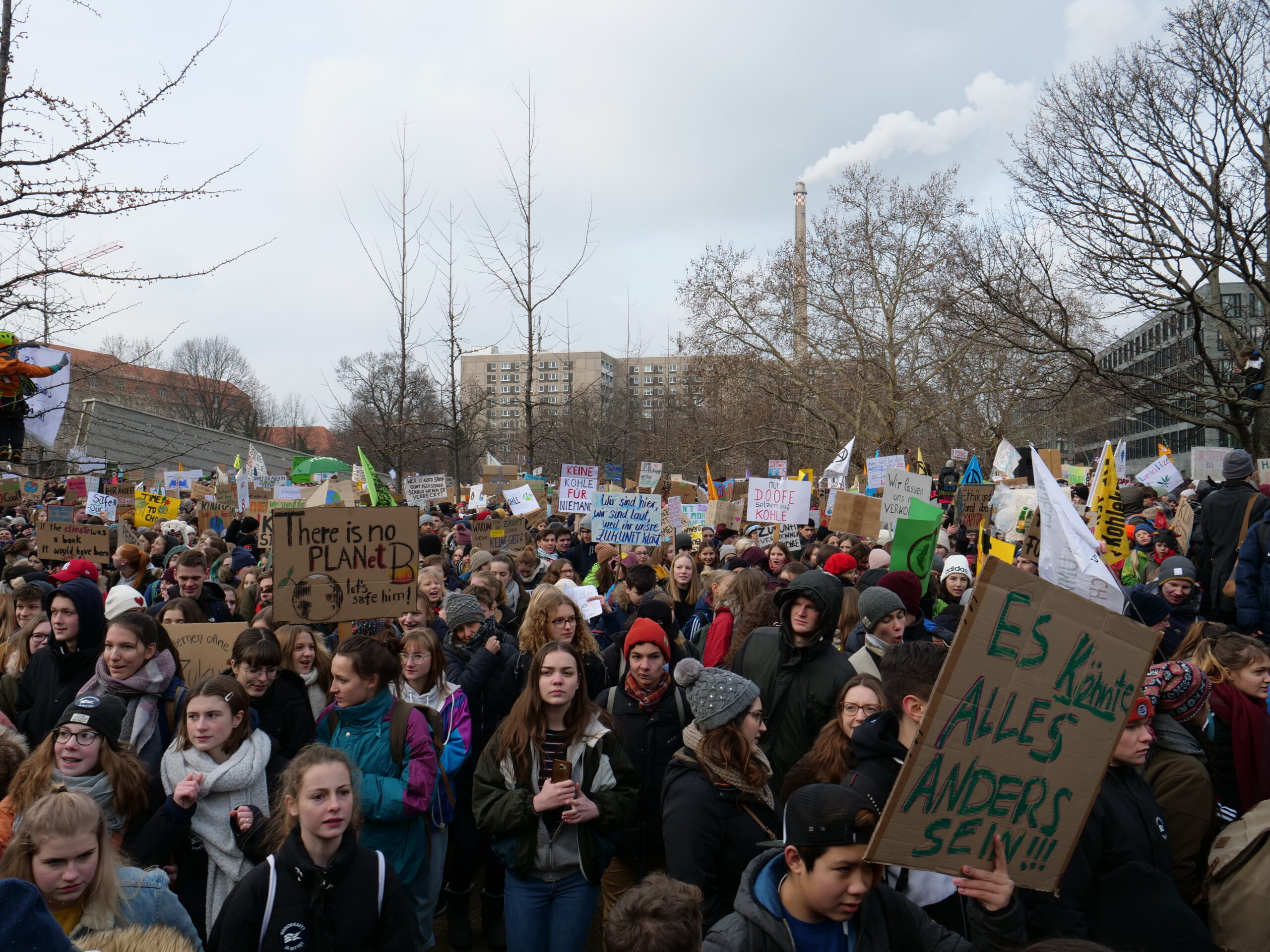
“Social media is what our generation uses, so the protest group has an Instagram, TikTok, Facebook, and Twitter account”, she says. “But because you can’t know for sure what’s real and what’s not on Instagram, I try to search for information and articles on Google – mostly when someone asks a question that I don’t know the answer to.”
“Today, many teenagers don’t wait for teachers to give them information, because they can find it themselves,” explains Dr. Alkaher. “This autonomy is something the education system needs to embrace and through it, encourage students to find different information sources and examine them themselves.”
Nonetheless, the fact that the traditional role of teachers is seen by students as less relevant then before, doesn’t take away from the influence they have. “Today teachers have a different role: to guide and point the students in the right direction for them to be able to do the learning themselves regarding environmental issues, to encourage the students to act towards creating a better world,” she says.
The youth as agents of change
So who will lead the campaign against climate change: the young generation or the old?
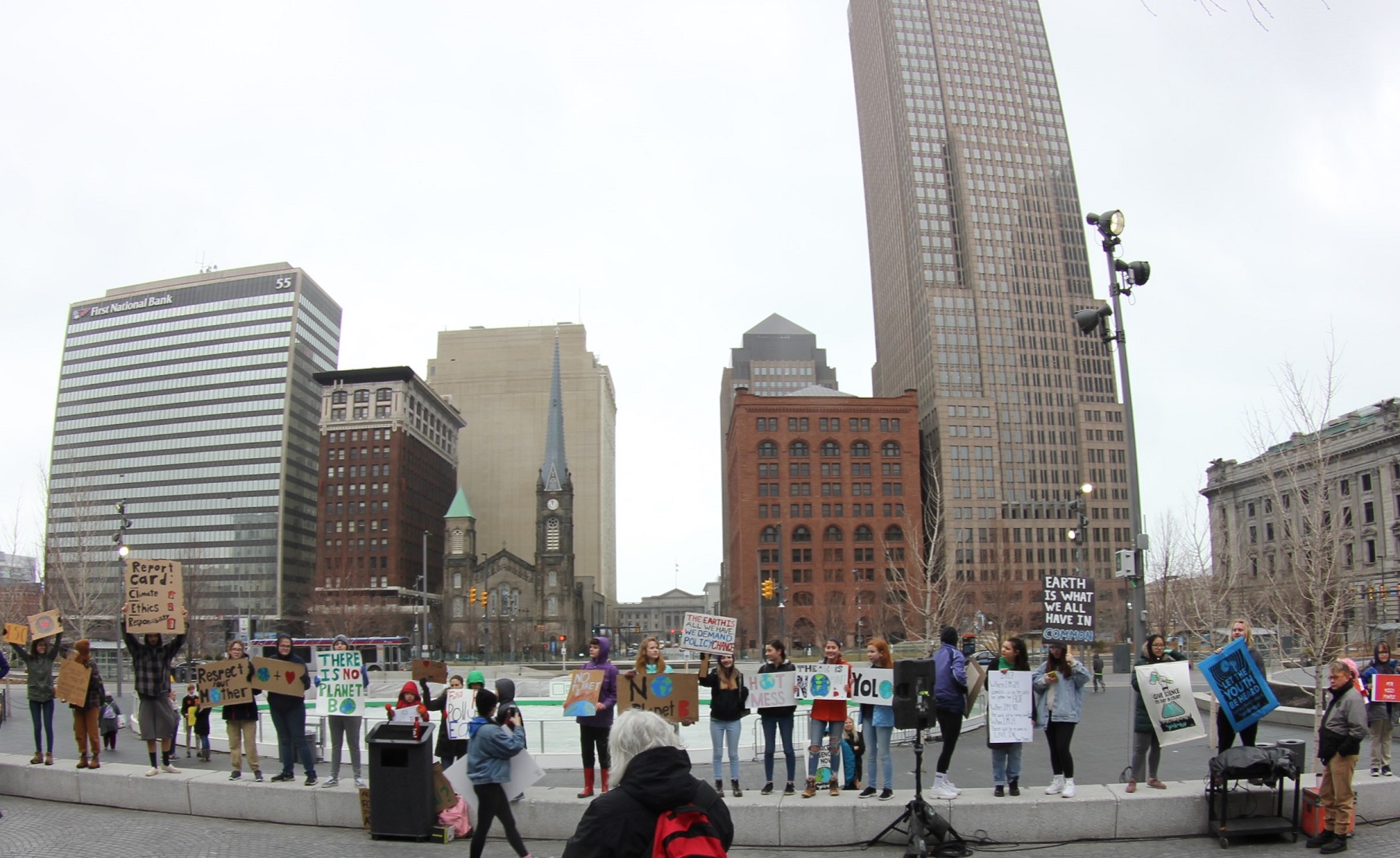
“Most of the revolutions in the world are led by young people, including climate and environmental topics – this is supported by research claiming that Israeli youth and youth all over the world see themselves as agents of change,” says Dr. Alkaher.
Kovalsky’s answer to this question is more complex than those provided by the Electrolux survey. “I think that everyone has the power to change,” she says. “On the national level, governments and politicians can change more than what I can, even if I minimize my carbon footprint, because they can influence the whole country. Still, it’s clear that our generation is the most prominent age group that takes it upon themselves to act, because we see the consequences and dangers in our futures,” she concludes.
This ZAVIT Article was also published in Ynetnews on 2 December 2022

